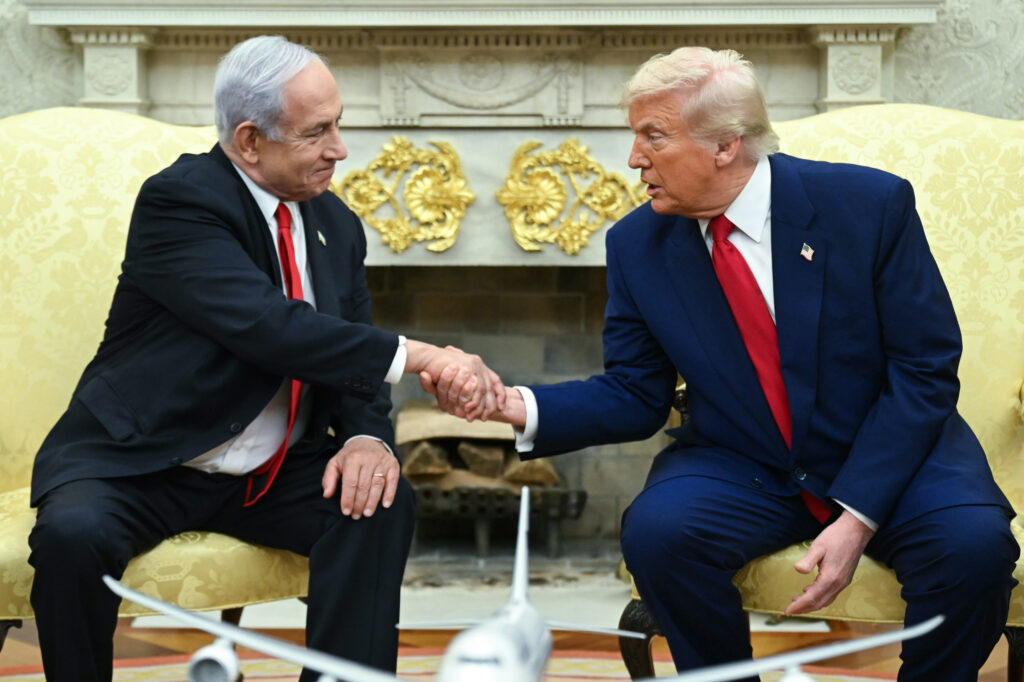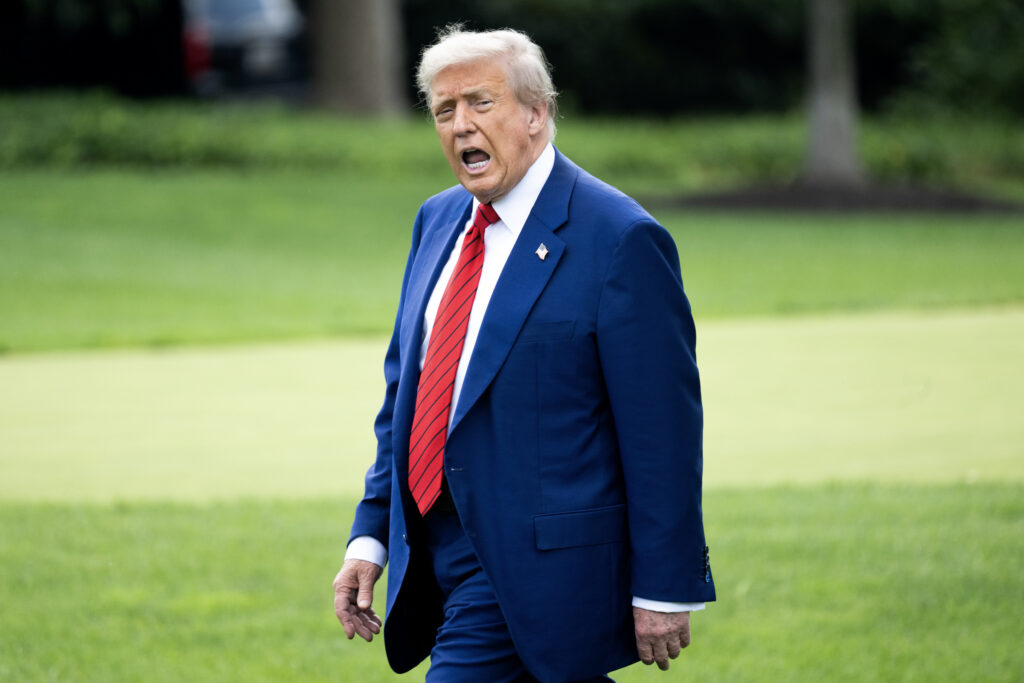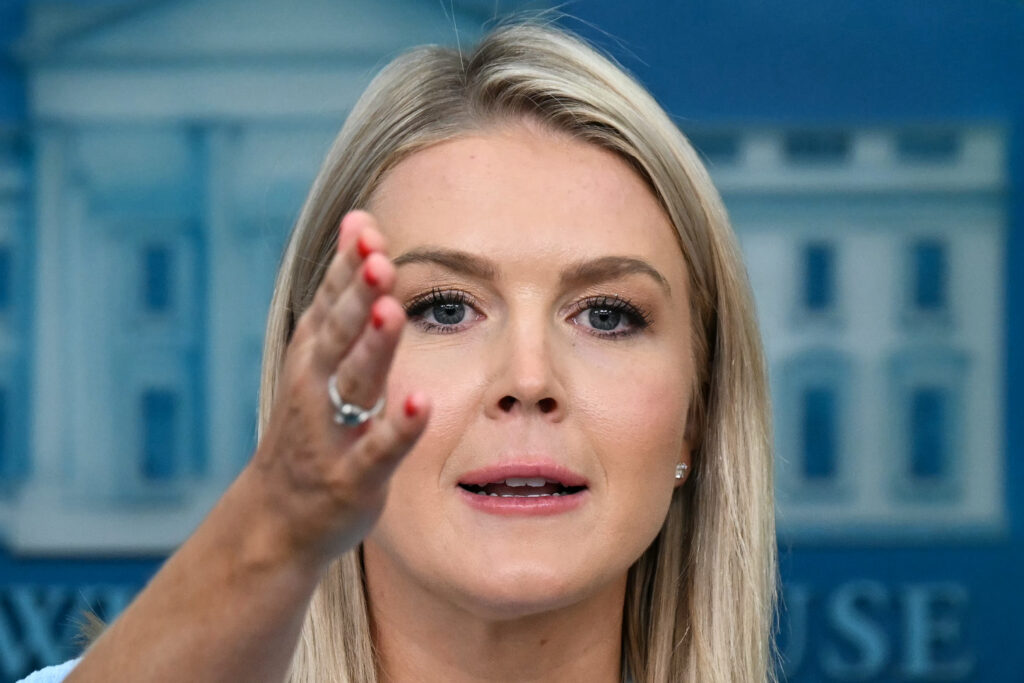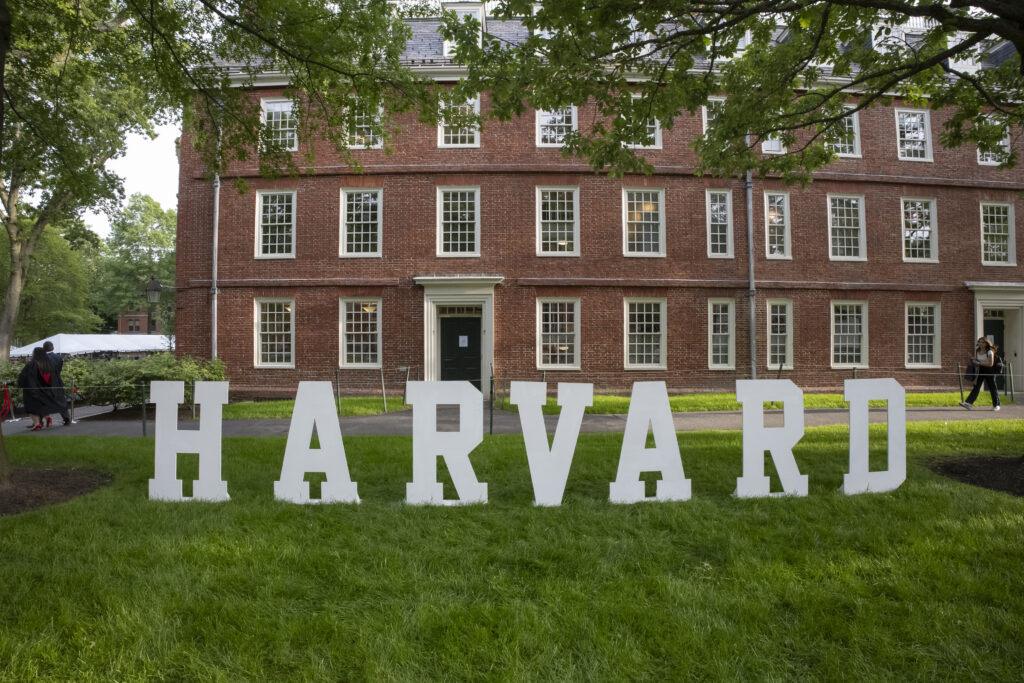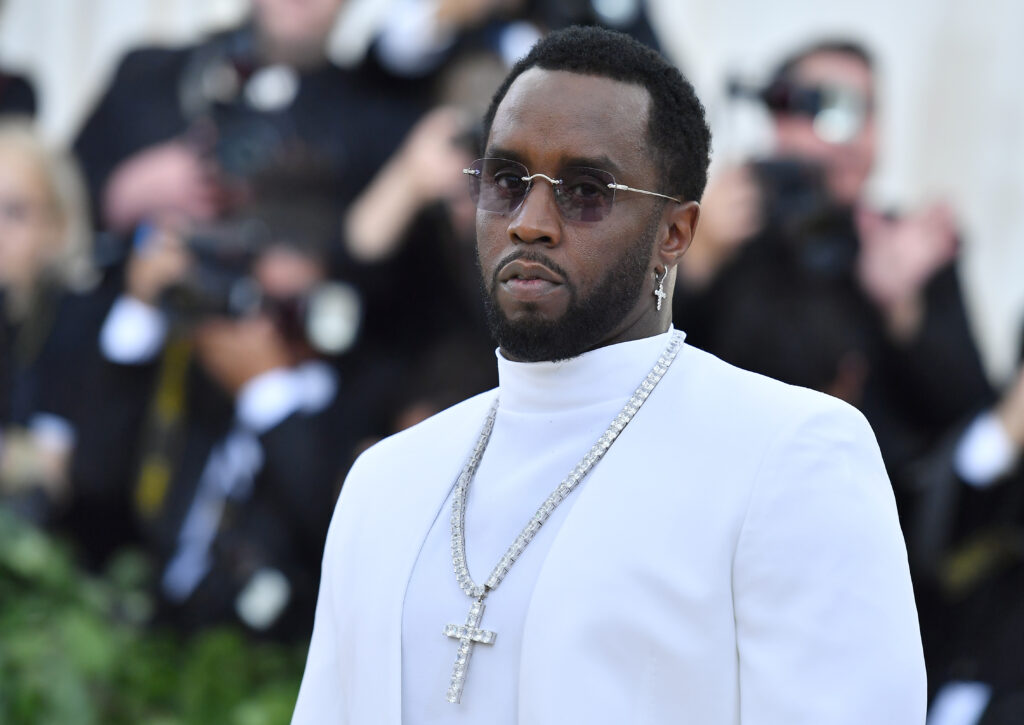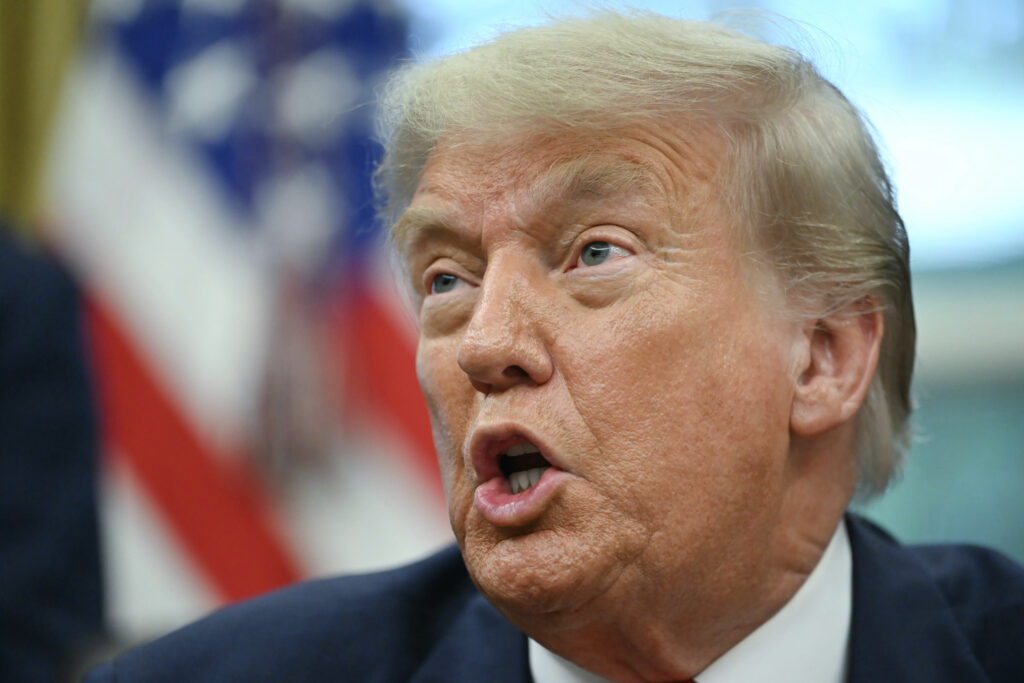US senators could vote as early as Monday on Donald Trump’s “big beautiful” spending bill, with the president voicing confidence in its progress despite obstacles within his own party.Trump is hoping the “One Big Beautiful Bill” will help seal his legacy, extending his expiring first-term tax cuts at a cost of $4.5 trillion and beefing up border security — key parts of his domestic agenda.But members of his Republican Party eyeing 2026 midterm congressional elections are divided over the package, which would strip health care from millions of the poorest Americans and add more than $3 trillion to the country’s debt.”ONE GREAT BIG BEAUTIFUL BILL, is moving along nicely!” Trump posted on his Truth Social platform late Sunday.The Senate formally opened debate on the bill late Saturday, after Republican holdouts delayed what should have been a procedural vote.Senators narrowly passed the motion to begin debate, with two Republicans joining 47 Democrats in voting against it — drawing sharp rebukes from Trump.Republican Senator Katie Britt of Alabama predicted the final vote on the bill would take place on Monday. “I would think so,” Britt told CNN when asked if voting on the bill would happen then.- July 4 timeline -Trump has pushed Republican lawmakers to get the bill passed and on his desk for him to sign into law by July 4, the United States’ Independence Day.On Sunday, however, he seemed to cast doubt on that timeline, and accused the opposition Democrats of delaying proceedings for political reasons.”There are a lot of bad people in the Democrat Party,” he told Fox News in an interview aired Sunday, berating his political opponents for not backing an increase to the debt ceiling.Earlier, Trump’s tone had been even sharper.”Republicans must remember that they are fighting against a very evil, corrupt and, in many ways, incompetent (Policywise!) group of people, who would rather see our Country ‘go down in flames’ than do the right thing,” he wrote on Truth Social.Democrats are bitterly opposed to the legislation and Trump’s agenda, and have vowed to hold up the debate. They began by insisting that the entirety of the roughly 1,000-page bill be read aloud to the chamber before the debate commenced. If passed in the Senate, the bill would go back to the House for approval, where Republicans can only afford to lose a handful of votes — and are facing stiff opposition from within their own ranks.On Sunday, Republican Senator Thom Tillis, who opposes the bill, said he would not seek reelection next year, US media reported, after Trump excoriated him for his opposition to the spending plan.- Divisive cuts -Republicans are scrambling to offset the $4.5 trillion cost of Trump’s tax relief, with many of the proposed cuts to come from decimating funding for Medicaid, the health insurance program for low-income Americans.Republicans are split on the Medicaid cuts, which will threaten scores of rural hospitals and lead to an estimated 8.6 million Americans being deprived of health care.The spending plan would also roll back many of the tax incentives for renewable energy that were put in place under Trump’s predecessor, Joe Biden.On Saturday, former Trump advisor Elon Musk — with whom the president had a public falling out this month over his criticism of the bill — called the current proposal “utterly insane and destructive.””It gives handouts to industries of the past while severely damaging industries of the future,” said Musk, who is the world’s richest person, and heads electric vehicle company Tesla and space flight firm SpaceX, among others.Independent analysis also shows that the bill would pave the way for a historic redistribution of wealth from the poorest 10 percent of Americans to the richest.The bill is unpopular across multiple demographic, age and income groups, according to extensive recent polling.

